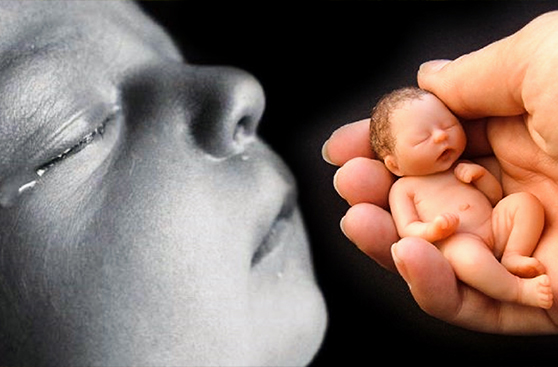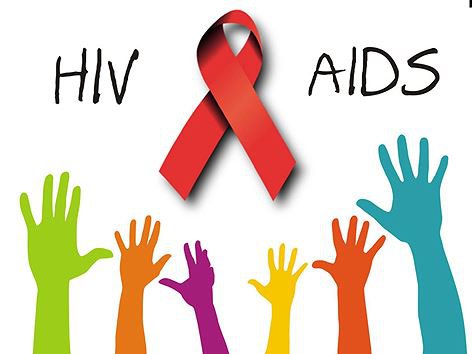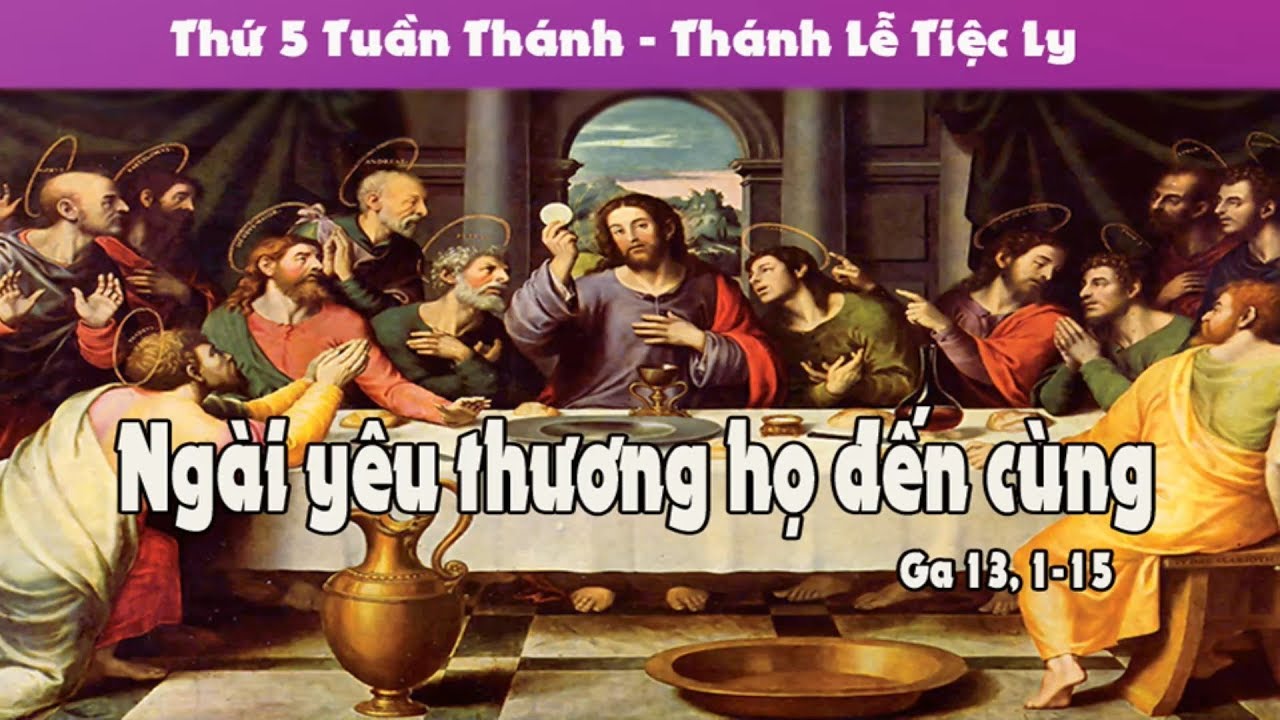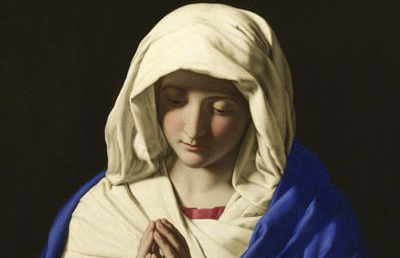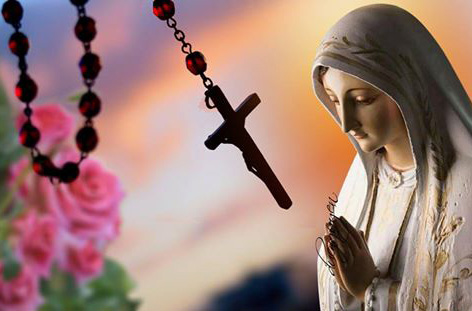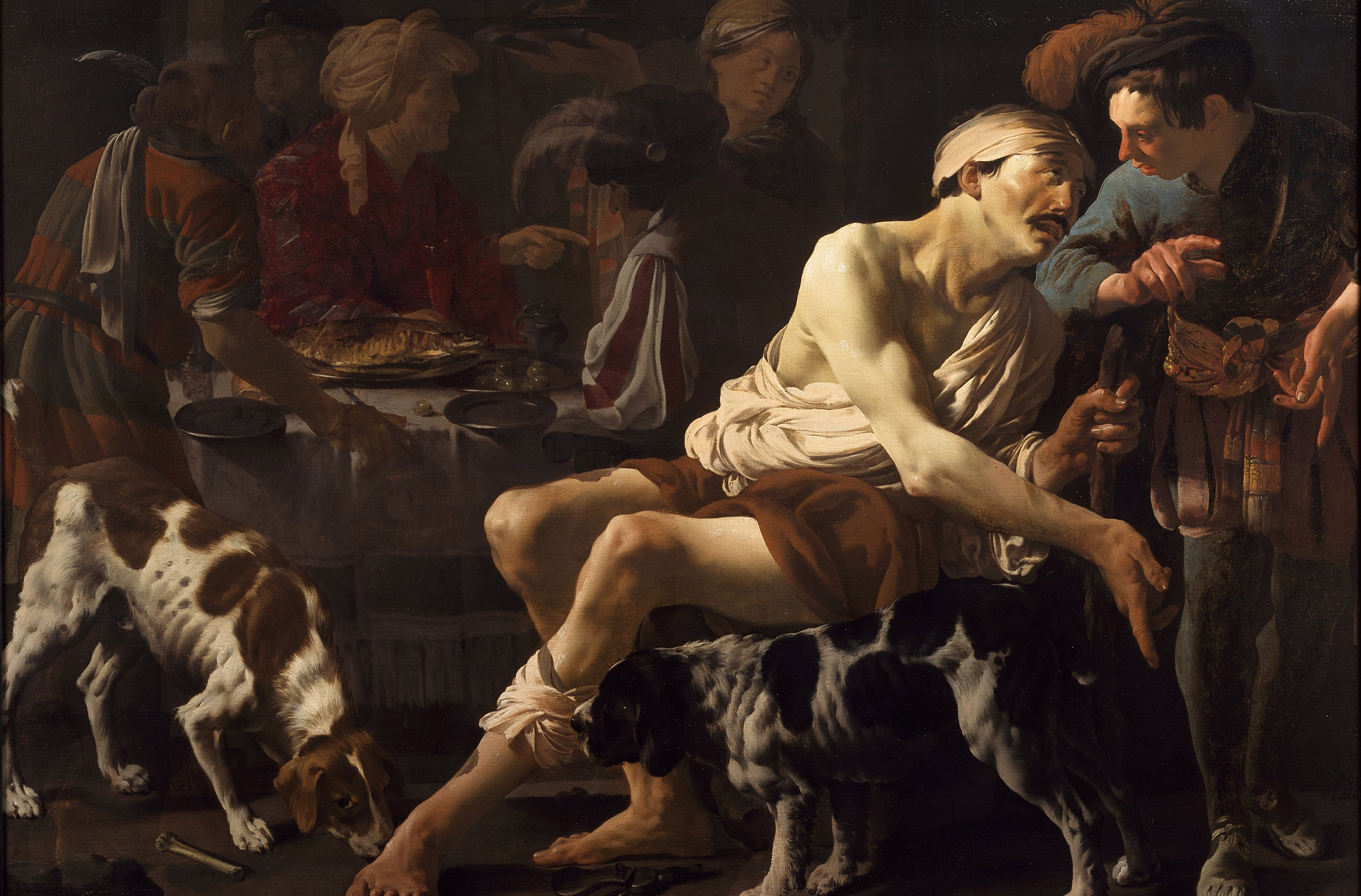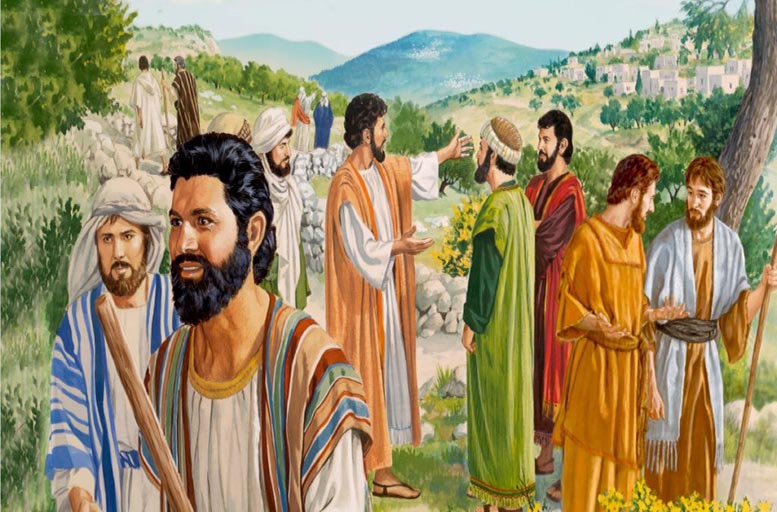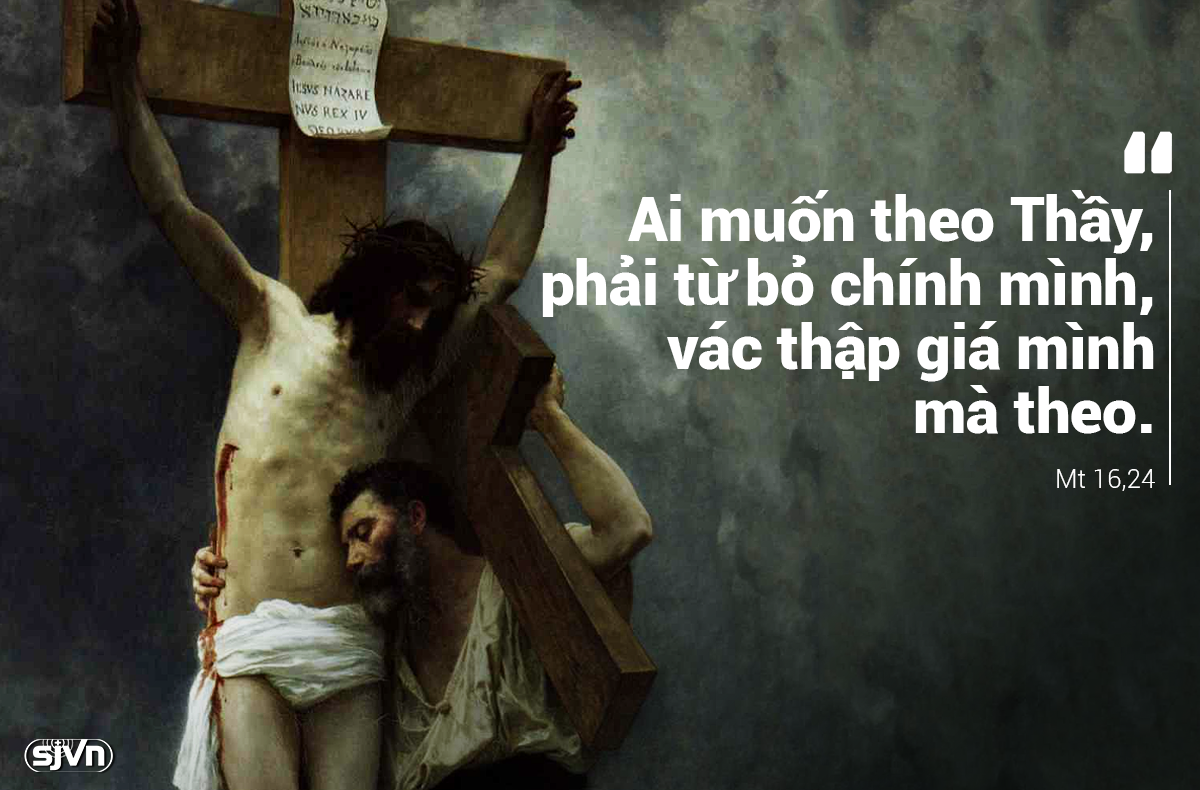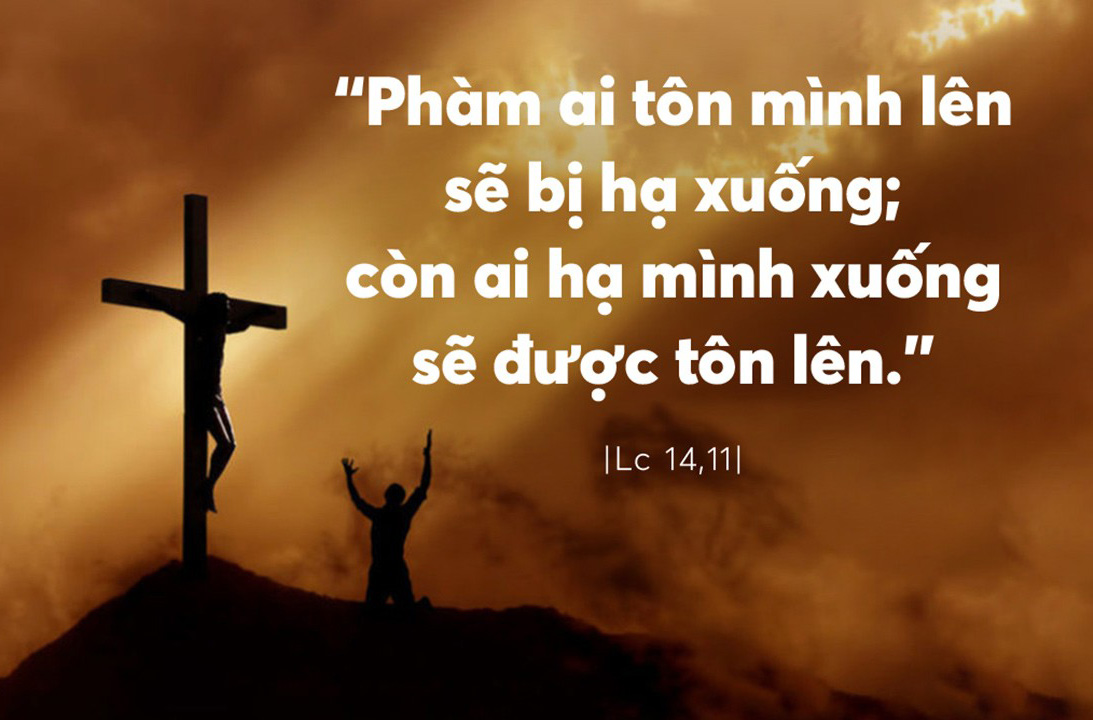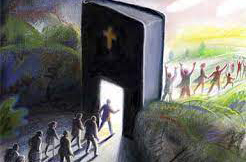Reflection
10th Sunday in Ordinary Time | Year C
Luke 7:11-17
Jesus went to a town called Nain, accompanied by his disciples and a great number of people. When he was near the gate of the town it happened that a dead man was being carried out for burial, the only son of his mother, and she was a widow. And a considerable number of the townspeople were with her. When the Lord saw her he felt sorry for her. ‘Do not cry’ he said. Then he went up and put his hand on the bier and the bearers stood still, and he said, ‘Young man, I tell you to get up.’ And the dead man sat up and began to walk, and Jesus gave him to his mother. Everyone was filled with awe and praised God saying, ‘A great prophet has appeared among us; God has visited his people.’ And this opinion of him spread throughout Judaea and all over the countryside.
Reflection
After the young man sat up and began to walk “Jesus gave him to his mother”. Much later, just before he died on the cross, Jesus gave another man into the care of a mother. The disciple John was given to Mary as her son, and she to him as his mother.
Both events illustrate the concern Jesus had for relationships. In both circumstances people needed to be cared for. In the case of the young man raised from the dead, the mother needed him as only a mother can, and he needed her presence and care to make sense of the momentous events which had happened to him. On the cross Jesus gave his distressed disciple into the care of Mary, whose own grief would have been deep and consuming. She and John needed one another; Jesus’ action ensured Mary had a male protector, essential in a very unequal society, and John had a mother who understood the much bigger picture of Jesus’ life and death.
The actions Jesus took with regard to the dead son and the disciple John point to his deep concern not just for each individual, but also for the relationships between individuals.
We are given into one another’s care through our family relationships, and in friendships we voluntarily take on caring about another person. These relationships are a network which supports us in a myriad of ways, psychological, spiritually, socially, and even physically.
Our relationship network is a living structure, and like all living things it needs nurturing and protection from harm. Interest in the other, generosity, compassion, the sharing of grief and joy, eating together, remembering significant dates, and hospitality all contribute to the flourishing of the relationship networks which in turn contribute to our well-being.
Work pressures can over time squeeze out of our lives those things which nurture our relationship networks. Human frailty and sin can damage relationships. Relationships need the gift of time and the best of ourselves, which means they need to matter in our priorities.
In all our relationships, whether they are flourishing and or in need of some repair, the Holy Spirit is present and ready to be involved in moving them towards life and health. We are not alone with one another, and the measure of divine concern for the relationships between us is shown in the response of Jesus to the death of the young man and his mother’s grief.
The List of Contributions Received by Caritas Vietnam
1. The list of 2024 contributions to the Caritas Vietnam general charity fund
2. The list of 2023 contributions to the Caritas Vietnam general charity fund
Latest project information
Copyright © 2018 by COMMISSION on CHARITY and SOCIAL ACTIONS - CARITAS VIETNAM
Total visits: 25,114,032


